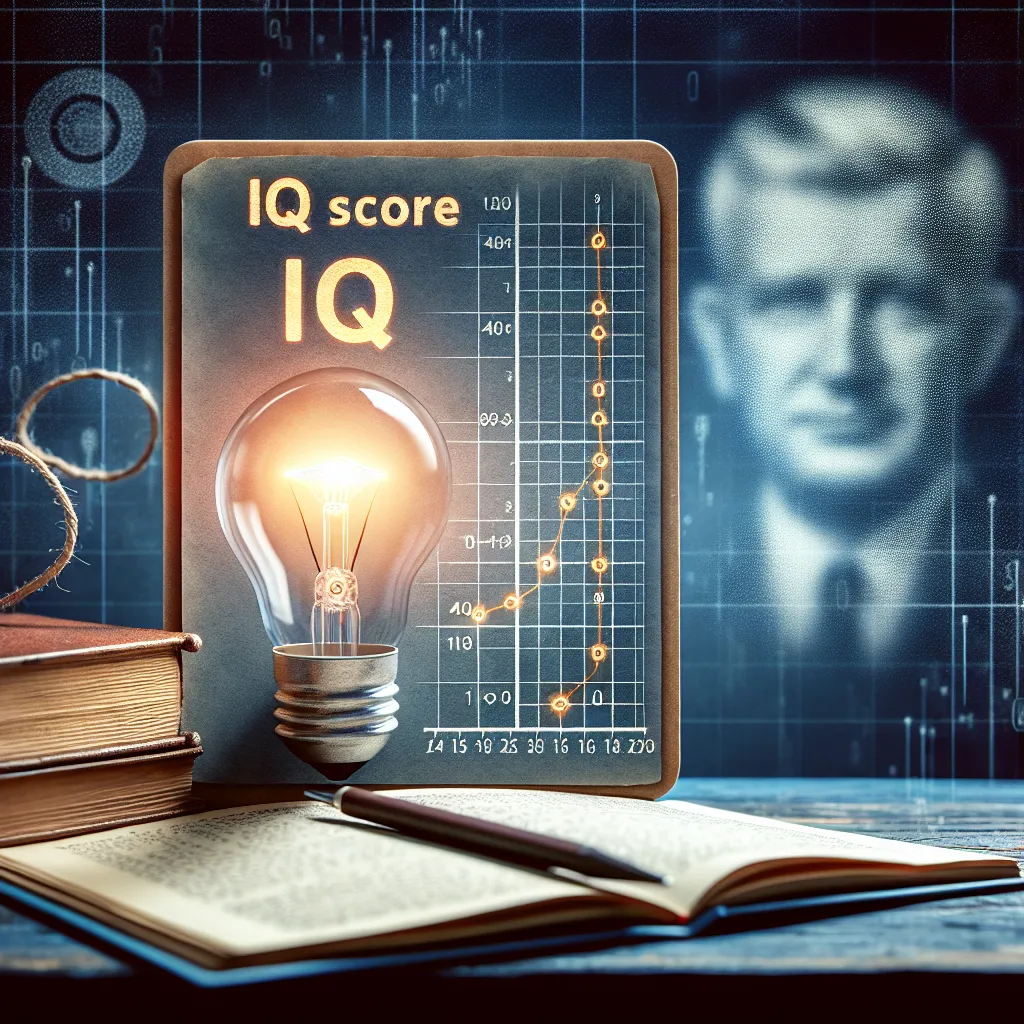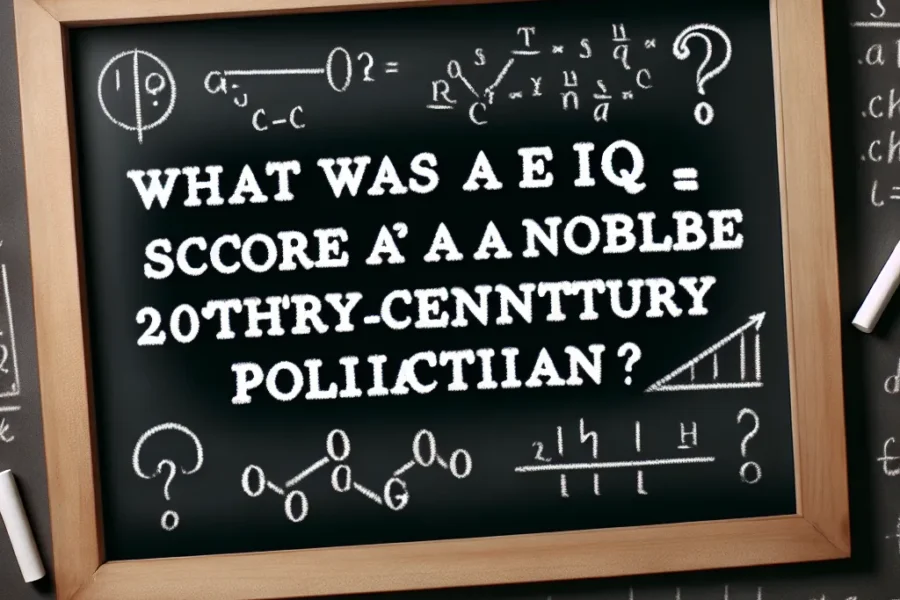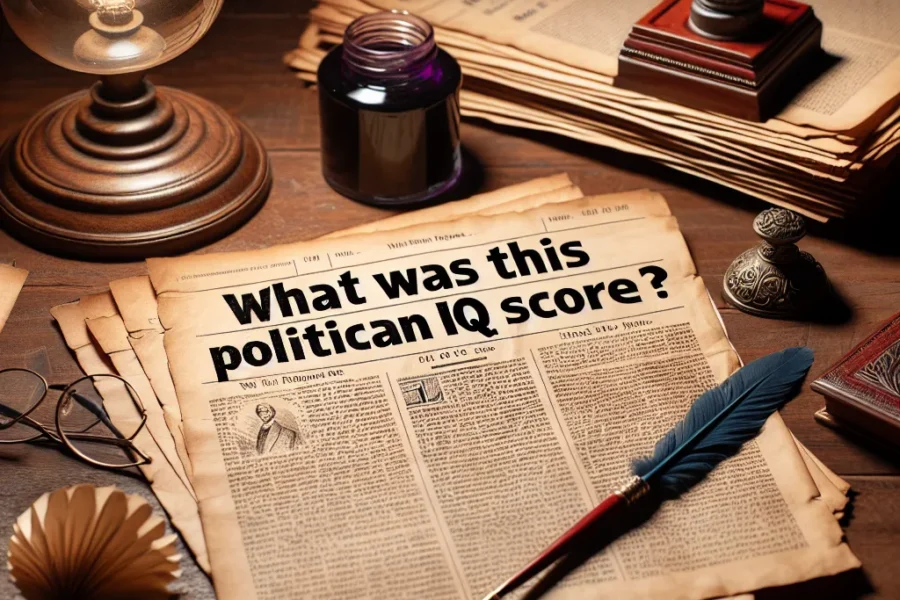Ronald Reagan, the 40th President of the United States, is a figure often admired and scrutinized for his leadership. His tenure saw significant changes and monumental events that shaped modern American history. Among the subjects of interest for historians and political enthusiasts is his intellectual capacity. Naturally, one might wonder about Ronald Reagan’s IQ score. Was he a genius who used his intellect to navigate through the Cold War, economic challenges, and social upheavals? Or did he rely more heavily on charisma and political savvy to achieve his goals?
If you are looking for legitimate IQ Tests which pass the entry bar for Mensa, see our IQ Tests.
First, let’s explore what an IQ score is and what it represents. IQ stands for Intelligence Quotient, and it is a standardized measure used to evaluate an individual’s intelligence level relative to others. The average IQ score is set at 100, with the majority of people scoring between 85 and 115. Scores above 130 are generally considered to represent superior intelligence, while scores below 70 might be indicative of cognitive challenges. IQ tests typically measure various cognitive abilities, including problem-solving skills, logical reasoning, and verbal proficiency.
To understand Ronald Reagan’s IQ, it is essential to look at available evidence. Unlike modern presidents such as John F. Kennedy or Bill Clinton, neither official nor anecdotal records clearly cite Reagan’s IQ score. This lack of concrete data might stem from differing educational and intellectual evaluations at the time when Reagan was growing up. IQ testing was not as commonplace or widely accepted in the early 20th century as it is today.
Yet, many people are curious about Reagan’s intellectual capacity, given his significant achievements and the era’s complexities. Reagan’s early life offers some clues. Born on February 6, 1911, in Tampico, Illinois, Reagan grew up in modest circumstances. His early education did not show signs of exceptional academic capabilities. He attended Dixon High School, where he was an average student but exhibited strong interests in extracurricular activities, particularly acting and sports.
Upon graduation, Reagan attended Eureka College, a small liberal arts institution in Illinois. He maintained average grades but was known for his active participation in various student activities, including drama and journalism. His departure from academic excellence continued into his later years, as he embarked on a career in radio broadcasting and then in the film industry.
Despite the absence of academic accolades, Reagan’s intellectual contributions should not be underemphasized. His successful career in Hollywood, where he starred in over 50 films, required a blend of intelligence, talent, and resilience. His transition from acting to politics is arguably more noteworthy. Reagan served as the President of the Screen Actors Guild from 1947 to 1952, and again from 1959 to 1960, showcasing his ability to manage complex union issues and contract negotiations.
Reagan’s political career began in earnest in the 1960s when he first ran for Governor of California. Winning the governorship in 1966 and serving two terms until 1975 illustrated his political acumen. His presidential campaigns in 1976, 1980, and 1984 further demonstrated his strategic thinking, rhetorical skills, and the ability to build coalitions among disparate political groups.
While Reagan did not have an official IQ score to his name, his presidency was not void of intellectual achievements. One of the hallmarks of his administration was his economic policy, famously named “Reaganomics.” This policy focused on tax cuts, deregulation, and reducing government spending, which necessitated an understanding of complex economic theories and the ability to communicate these ideas to the public effectively.
Reagan’s foreign policy was no less demanding. Navigating the intricacies of the Cold War, particularly his relationship with Soviet leader Mikhail Gorbachev, required strategic foresight and diplomatic intelligence. Reagan’s role in ending the Cold War, especially his efforts in arms reduction treaties like the Intermediate-Range Nuclear Forces Treaty, demonstrated his capacity for high-stakes negotiation and long-term planning.
Analyses of Reagan’s speeches and writings offer additional perspectives on his intellect. Reagan was known for his clear and effective communication, earning him the nickname “The Great Communicator.” His speeches often combined simplicity with depth, making complex ideas accessible to the general public. This skill is not easily attainable without a considerable degree of cognitive ability.
It is also important to consider the nature of intelligence in the context of leadership. Reagan exhibited several types of intelligence that contributed to his success. Emotional intelligence, for instance, played a significant role in his ability to connect with people, both in the United States and abroad. This intelligence facilitated alliance-building and maintained public support throughout his presidency.
Reagan’s social intelligence should also be acknowledged. He had an innate knack for reading people and understanding social dynamics, which he leveraged to his political advantage. Whether debating opponents or engaging with foreign dignitaries, Reagan’s ability to navigate complex social landscapes was evident.
Cognitive flexibility, another component of intelligence, was apparent in Reagan’s adaptive strategies. From shifting his stance on various issues to responding to unforeseen crises, such as the assassination attempt in 1981, Reagan demonstrated an ability to pivot and adjust his approach as needed.
In summary, the question of Ronald Reagan’s IQ score might remain unanswered in numerical terms, but examining his life and career provides insight into his intellectual capabilities. His achievements spanned multiple domains: entertainment, union leadership, governorship, and presidency. Through a combination of emotional, social, and strategic intelligence, Reagan left an indelible mark on American history. Though we may never have a definitive number to encapsulate his IQ, the breadth of his accomplishments speaks volumes about his cognitive abilities.
In conclusion, Ronald Reagan’s intellectual prowess cannot be understated merely based on the absence of a formal IQ score. His life and career provide ample evidence of his intelligence in various forms. From political strategy and economic policy to diplomacy and communication, Reagan’s achievements are a testament to a multidimensional intelligence that guided him through some of America’s most critical periods.



Leave a Comment